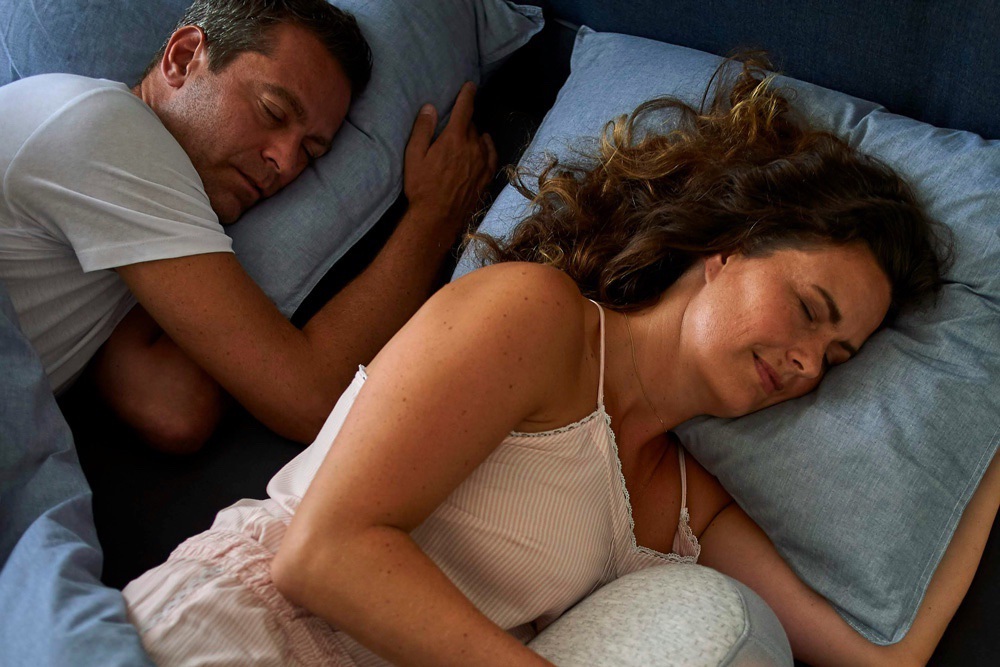This World Health Day, we highlight four essential strategies to help you improve your mental wellbeing.
To manage stress, get more sleep, but don’t obsess over it.
According to the How To Academy Podcast, sleep is a non-negotiable factor when it comes to coping with stress. In the episode “How to Thrive With Anxiety”, Dr David Rosmarin, associate professor at Harvard Medical School and founder of Center for Anxiety, reiterates the importance of sleep. He has seen many patients who come to him for therapy to deal with stress, and he would always ask them to get eight hours of sleep for two weeks and then call him back. Most of them no longer require therapy after that.

However, some people obsess so much about getting enough sleep every night to the point it paradoxically becomes a source of anxiety and stress for them. It’s important to remember that the odd night of reduced sleep isn’t a dealbreaker in the larger scheme of your mental health.

Limit your screen time to keep your anxiety in check.
Social media enables us to keep up with current affairs, but when done in the extreme, that can be a bad thing. Some people spend a lot of time reading online news to, in the words of Dr Rosmarin, “increase their omniscience” — bolstering their knowledge in the hopes of increasing their control over the world. However, that actually has the opposite effect; many headline-making events are beyond our control, and focusing on those things may cause us to feel powerless and anxious. Additionally, we live in an age of disinformation/misinformation and the resulting confusion — which news is real and what is fake? — causes us to feel more anxious. To keep your anxiety in check, it’s better to restrict your screen time. Dr Rosmarin recommends 30 minutes when you wake up and 30 minutes before you go to bed to keep abreast of current affairs.

Accept anxiety and don’t pathologise it.
According to Dr Rosmarin, there is a double-edged sword to recognising anxiety and depression as problems that need to be addressed. On one hand, that has raised mental health literacy and awareness. On the other, it has created this phenomenon where we expect to feel happy all the time or to never feel off-kilter or upset. That is not realistic — humans are going to struggle at some point in life.
Because our culture is obsessed with control, safety, and security, it is common to pathologise any level of distress. And our expectations to never feel anxious have created much more anxiety today.
Where we get into trouble with anxiety isn’t the initial symptom or feeling of it, but how we respond to it. If we react negatively by indulging that anxiety, that will create a cascade of more anxiety.
So, we need to reframe our perspective on anxiety. Say it with us now: Anxiety is normal.
Change the narrative. Use anxiety as a cue to remain engaged and compassionate to yourself and to practise self-care. The internal self-talk in response to anxiety is what makes a difference.

Meditate with the right intentions.
Meditation helps one to feel calmer and more peaceful. (Check out our Here and Now TV series for tips on meditation.) But if you’re meditating with the intention of dispelling anxiety, you will only make it worse — anything done to get rid of anxiety will only make it worse.
Recognise that anxiety is normal (see previous point). Use meditation to be more mindful, aware, and accepting of anxiety; lean into it instead of trying to squelch it.